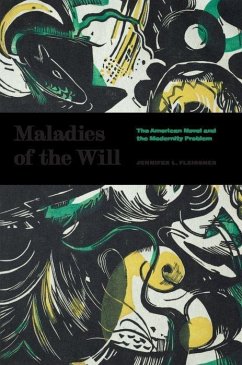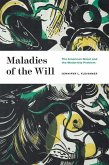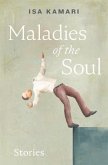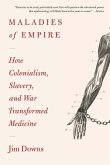"Western modernity rests on the notion of individual will, of the autonomous subject able to chart a path toward self-determination. Yet today that notion seems neither plausible nor desirable, in part because of the ways that novels have long questioned it. The novel typically takes the will as a site of insufficiency or excess-from obsession to indecision, wild impulse to melancholic inertia. Jennifer Fleissner's ambitious book shows how the novel's attention to these maladies of the will has made it a form of ongoing interrogation, both invested and critical, of modernity's core premises from within. Fleissner ranges from the seventeenth century to the turn of the twentieth, showing how the novel participated in conversations around the topic of will that reached across theology, moral and political philosophy, medicine, criminology, and the nascent social sciences. While taking its place beside other major works in the theory of the novel, it departs from them in its focus on the often more philosophically minded American novel-both canonical instances like Hawthorne and James, and important, still insufficiently recognized voices like those of Elizabeth Stoddard and Charles W. Chesnutt. Fleissner recovers a long tradition, for which the novel is central, of understanding the will not as a problem to overcome but as one which we have no choice but to continue to think through"--
Hinweis: Dieser Artikel kann nur an eine deutsche Lieferadresse ausgeliefert werden.
Hinweis: Dieser Artikel kann nur an eine deutsche Lieferadresse ausgeliefert werden.








